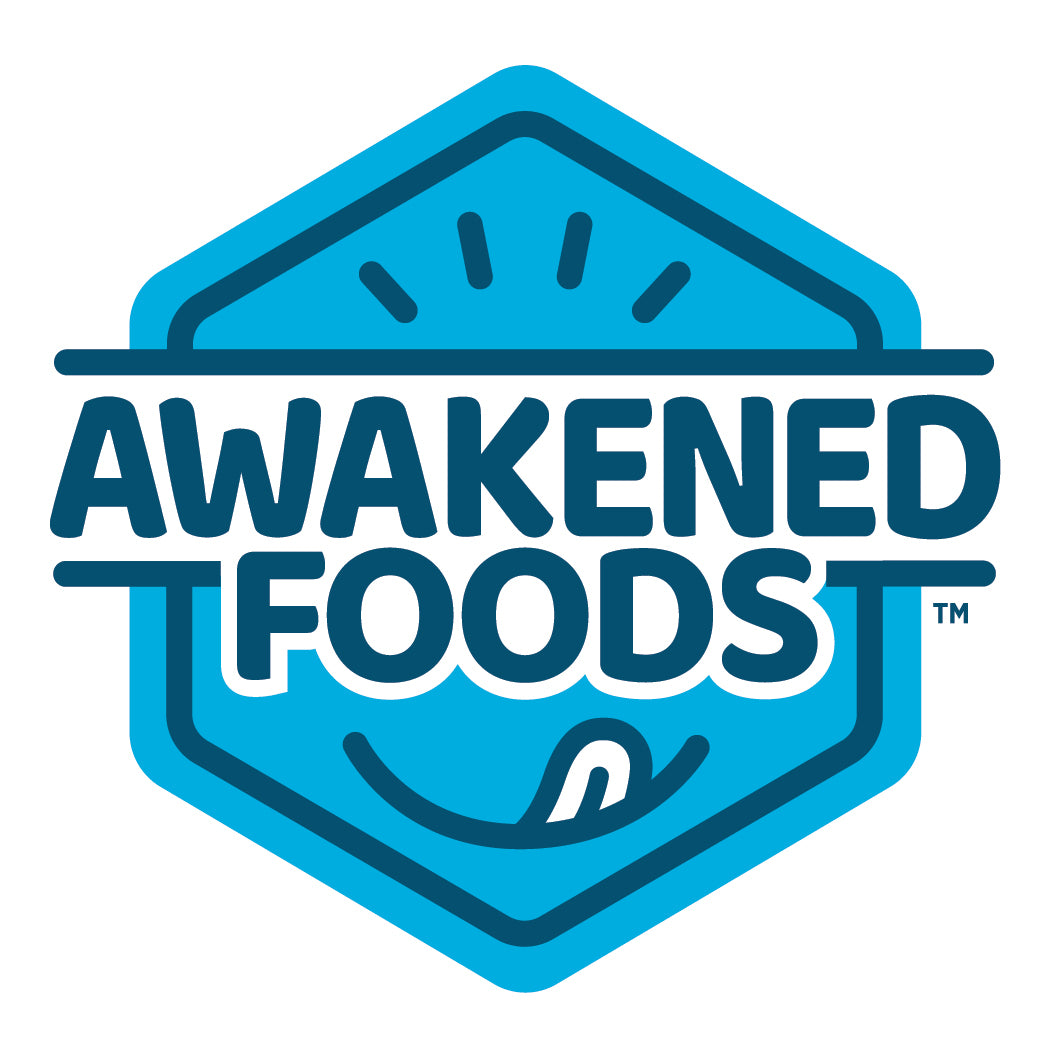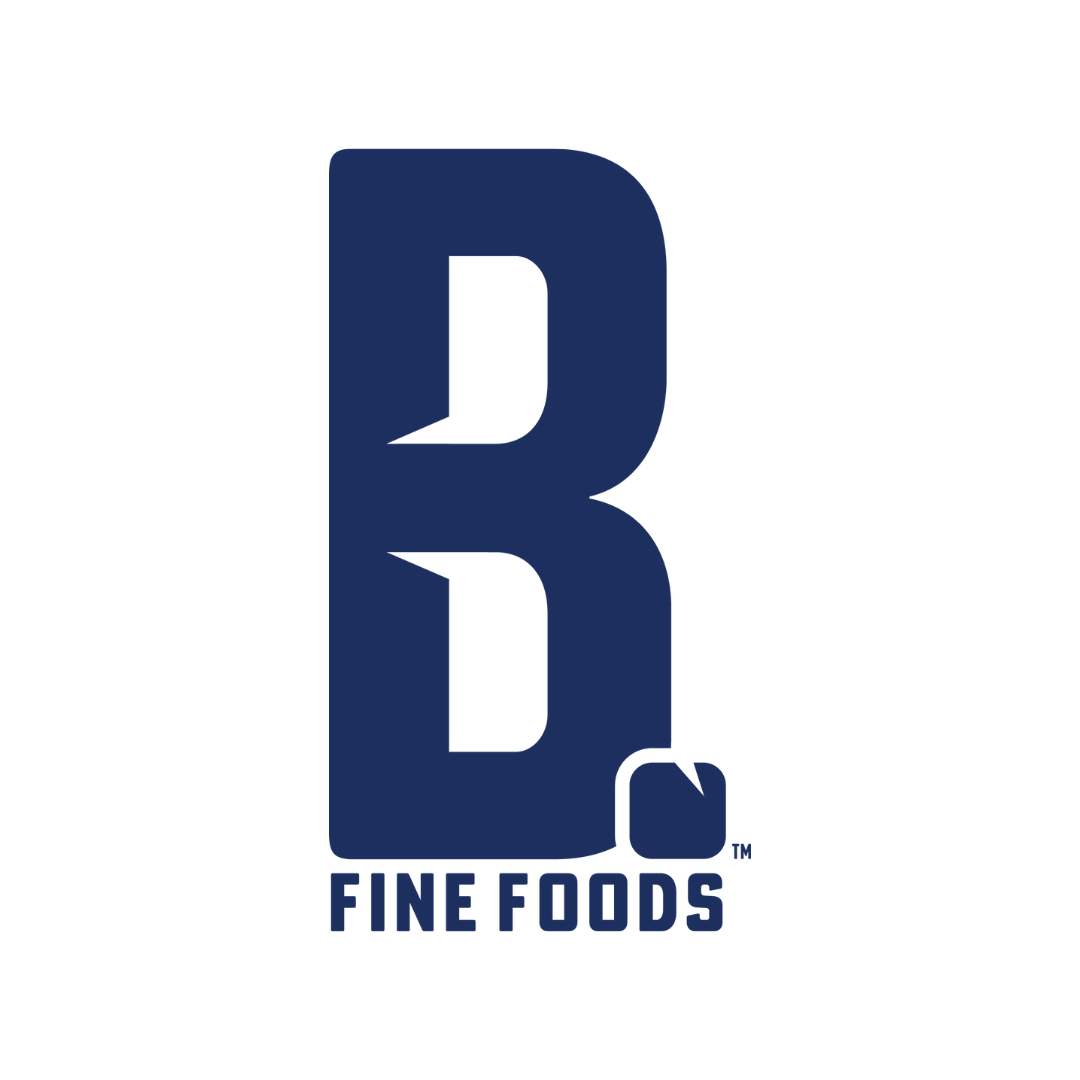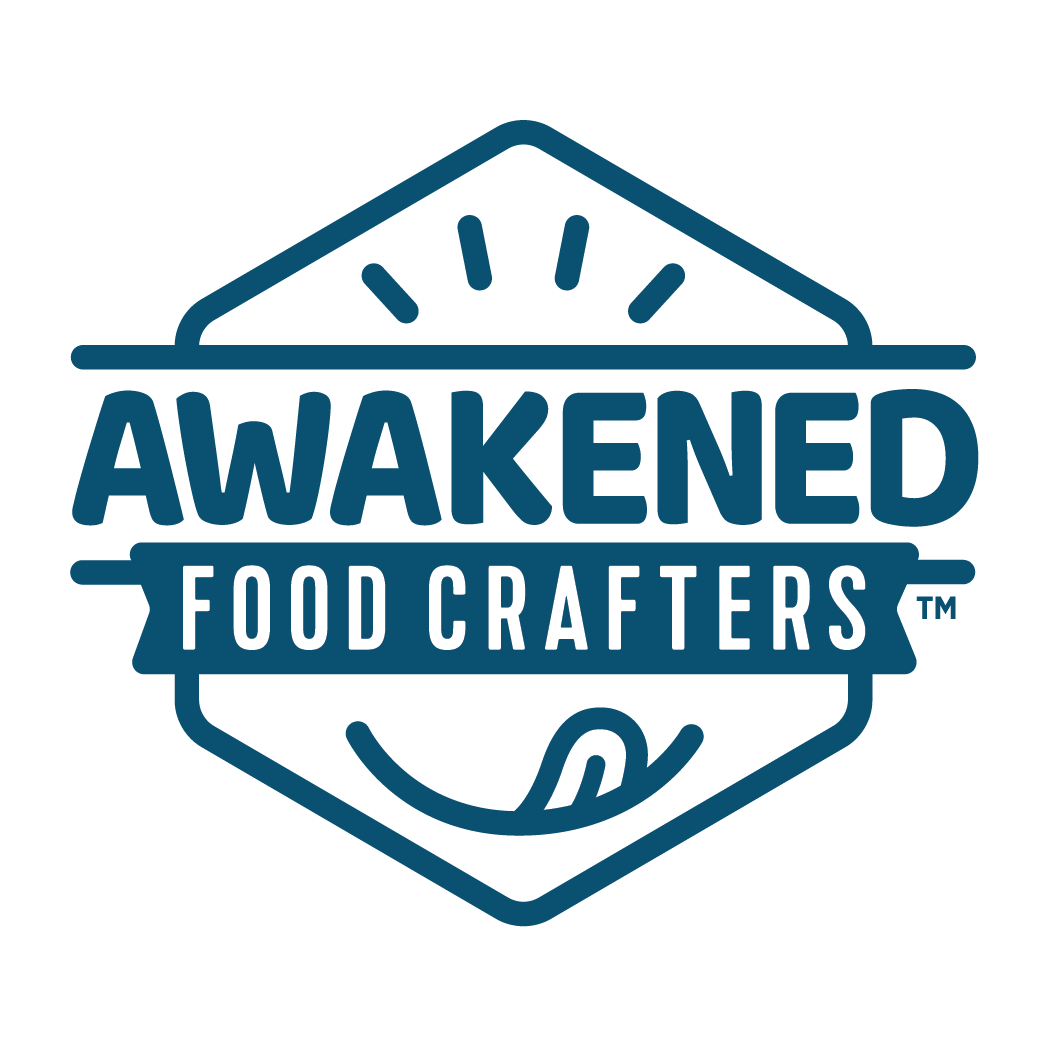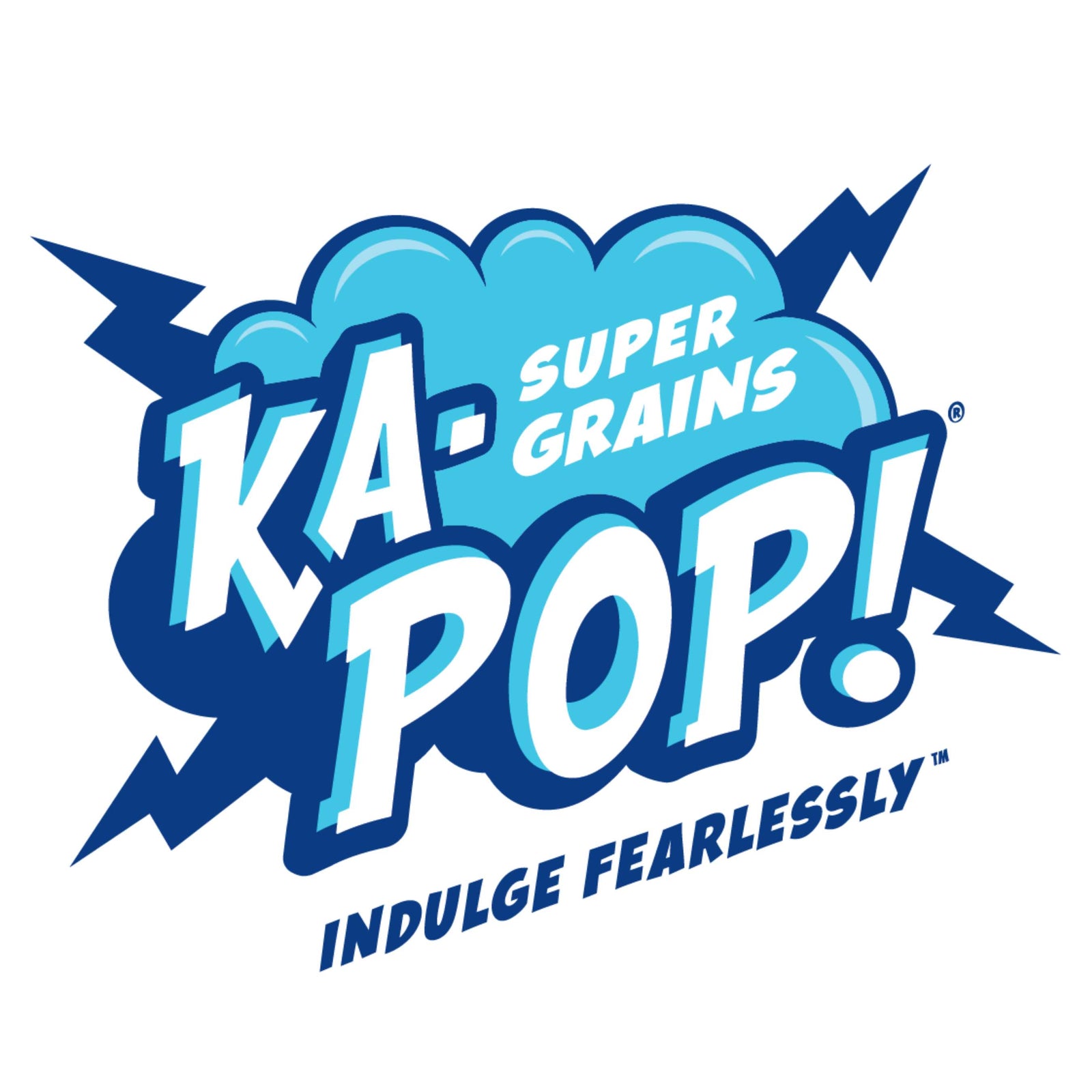Your Cart is Empty
FREE Shipping over $29.99 (no code needed)




This notice ONLY APPLIES TO UNITED STATES RESIDENTS OF THE STATE OF CALIFORNIA, not to U.S. residents of any other state or territory or to residents of any other country.
WARNING: Cancer and Reproductive Harm - www.P65Warnings.ca.gov/food
If you picked up a bag of our products and noticed a small warning label on the package, we understand if that might cause some concern. However, the reason for that warning label is actually very normal, once you understand the background (and the law requiring it).
In 1986, California voters approved Proposition 65, an initiative intended to keep residents safe from chemicals that could potentially be harmful to consumers and the environment. The law requires the state to publish a list of potentially harmful chemicals and requires businesses to notify customers if any of their products contain them. If you live in California, you’ve probably seen these warnings posted on all sorts of products and even on parking lots, buildings, storefronts, and even hospitals.
While the law had good intentions, Prop 65 is not very clear and in fact due to the way it was implemented has turned into a cottage industry of lawyers who make an amazing living suing companies (like us) who don’t include the label on their products. Over the years the list of chemicals (which was originally limited to just 30) has been expanded to over 900. The law requires businesses to notify customers if there are potentially just tiny amounts of these chemicals in their products (and we are talking miniscule amounts, generally 1,000 times smaller than what is generally considered safe). As attorney Lisa Halko told the Los Angeles Times, “Prop. 65 creates alarm about trace amounts of chemicals that have no actual risk or have a risk that is obviously outweighed by the benefit of the food.”
For example, acrylamide is a chemical that can form in some foods during the baking process. Acrylamide forms from ingredients like starches or sugars that are naturally present in food. If you’ve made toast, you’ve basically created (and likely consumed) acrylamide. And as many of our products are heated there is a chance that they too will contain acrylamide.
We take great pride in our products and take our commitment to better nutrition and a better planet very seriously. But we also don’t want to break the law or leave our company open to lawsuits so we can continue to make our amazing, healthier products available on the market. While our products may contain chemicals like acrylamide (which again are a natural result of the baking process), the levels of those chemicals are well under the amounts determined to be safe by both the World Health Organization and the federal government. However, because there is a chance that any given bag of product may exceed the extremely low threshold levels set by Prop 65, it is our duty as a brand to let you know and be as transparent as possible, while also protecting our company from the lawyers who have made it their business to shake down any brands that dare sell products these days without the obligatory Prop 65 warning label.
Are Proposition 65 warnings healthful or hurtful?
Los Angeles Times, November 2, 2009
Proposition 65 in Plain Language
California Office of Environmental Health Hazard Assessment (OEHHA)
Prop 65 was meant to protect residents from toxic water. How did warning stickers end up on everything?
Viewpoint: California’s science-challenged Proposition 65 toxic chemical regulation act at center of ‘tort shakedown’ racket
Genetic Literacy Project, April 23, 2019
Opinion: California's Prop 65 is Encouraging Litigators to Destroy Small Businesses